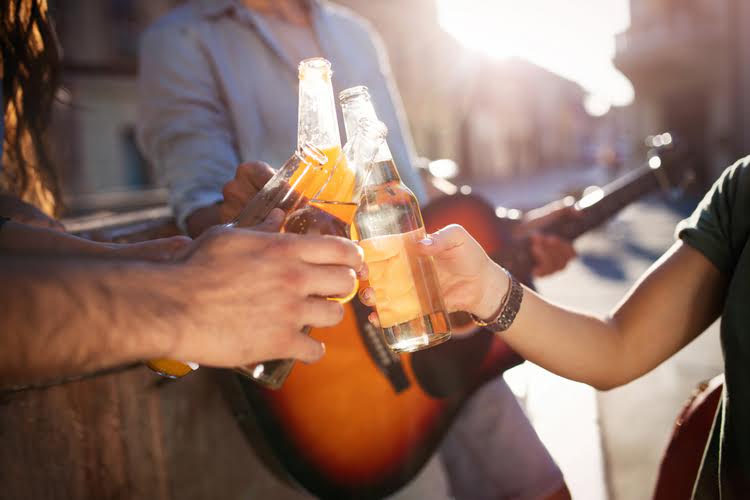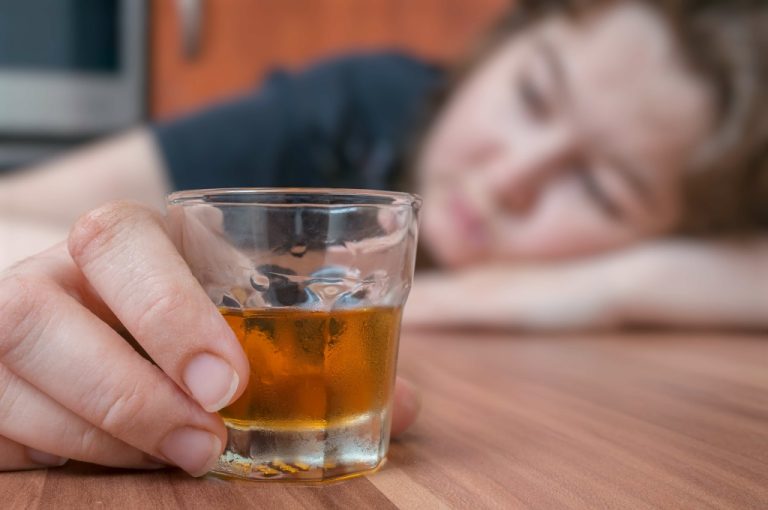Rappers Addicted to Drugs Exposed
Substance abuse can lead to a decline in creativity, https://ecosoberhouse.com/ reliability, and overall performance. It can affect an artist’s ability to deliver consistent quality work, resulting in missed opportunities and damaged professional relationships. Macklemore, who struggled with opioid addiction, entered a rehab facility at age 25.

Rhyme and Reason: A 30-Year Analysis of Drugs in Hip-Hop
- The influence of drugs extends beyond the lyrics and into the personal lives of the rappers.
- These efforts aim to combat the stigma surrounding addiction and promote a more understanding and supportive environment for rappers seeking help.
- These support systems can provide guidance, resources, and access to treatment options.
- Chynna was found unresponsive at her home in Philadelphia on 8 April 2020, and a spokesperson for the Philadelphia Department of Public Health confirmed that she died from an accidental drug overdose.
- By examining the provided articles and conducting deep research, we can delve into the topic and its subtopics to gain a comprehensive understanding.
Legendary southern rapper Pimp C also tragically died because of a drug overdose. His death was caused by heavy usage of the life-threatening “purple drank,” a combination of codeine and promethazine. The fifth entry on our list of rappers who overdosed is the 18-year-old rapper Hella Sketchy. Jacob Tyler Thureson died on June 27, 2019, from an accidental drug opioid overdose. The “Lucid Dreams” rapper had been known to grapple with drug addiction and depression, and rappers on drugs his passing stands as a heartbreaking loss for both his fans and the music industry. On 1 January 2023, Gangsta Boo was found dead on the porch of her mother’s home in Memphis, Tennessee.
It is important to address these underlying issues to effectively support rappers in their journey towards recovery. Remember, seeking help is a sign of strength, and overcoming addiction is a journey that requires perseverance and dedication. By utilizing the available treatment options, drawing inspiration from success stories, and embracing a supportive network, rappers can take significant steps towards overcoming drug addiction and reclaiming their lives. Support and rehabilitation are vital components of the recovery process for rappers with drug addiction. It is essential to surround oneself with a strong support system, which may include family, friends, therapists, and fellow recovering individuals.
Lil Uzi Vert
Although hip-hop’s portrayal of drugs is a highly debated topic, its defenders argue that the genre only represents the harsh realities prevalent in many urban communities where drug use is rampant. Formerly, drugs acted metaphorically as a synonym for social marginalization. Rappers would create lyrical content about using drugs as their only escape from horrors such as poverty and despair.

Music Videos with Nudity: The Sexiest Music Videos
These rappers’ stories highlight the importance of seeking help, finding support networks, and making the commitment to change. They serve as role models for individuals facing similar challenges, proving that recovery is a possibility. Macklemore, the Grammy-winning rapper, has been transparent about his struggles with addiction.
Macklemore’s addiction reached a point where it was negatively impacting his personal and professional life. For this list we’re ranking the best rap songs about addiction, and we want you to vote up your favorites. How many good rap addiction songs can you think of off the top of your head? Below you’ll find popular songs that you’ve definitely heard before, but also some more underground rap songs with addiction mentioned in the title or lyrics. Several other rappers, from Macklemore to Kendrick Lamar, have relayed the dangers of drug abuse through song.
Lil Baby
- Their profound artistic endeavors showcase an unwavering spirit, epitomizing the attainability of recovery even in the face of formidable adversity.
- These references can range from subtle innuendos to explicit descriptions, shaping the narrative of the music and the public perception of the artists.
- The changing trends reflect the transformation of attitudes towards drugs, moving away from glorification towards cautionary tales and reflection.
- Together, we can work towards creating a more compassionate and understanding environment for all artists.
- These factors can further strain an artist’s career, making it difficult to maintain success in the industry.
Today, he regularly attends 12-step programs, which are self-help meetings designed to treat destructive behaviors, including substance misuse. Despite this, African-Americans, who account for the majority of mainstream rap artists, largely do not seek Sobriety treatment. This may be due to socio-economic factors or distrust of the U.S. health care system. Denny Kolsch, an Orlando-based mental health counselor who specializes in addiction and mood-related disorders, says that socioeconomic factors may be another reason African-American rappers allude to drug use in their music. For years, rap music has glorified substance use, portraying getting high as an activity with little consequence.
Although Wayne popularized lean in the late 2000s, Houston group the Botany Boys were some of the first MCs to mention lean on wax. Their 1995 record, Smokin’ N’ Leanin’, is littered with references to syrup, some 20 years before Atlanta’s Future released Dirty Sprite 2—an ode to the drug he denies being addicted to. In 1984, Grandmaster Melle Mel released “White Lines (Don’t Do It),” an anti-drug message disguised as a party anthem.

To better understand the grave reality of drug addiction in the rap industry, it is helpful to examine some real-life cases. In this section, we will delve into the stories of DMX, Mac Miller and Eminem. These stories illustrate the profound impact of drug addiction on their lives and careers. By discussing drugs in their music, artists may be aiming to raise awareness about the consequences of drug abuse, highlight the struggles faced by their communities, and advocate for change. Lately, many hip-hop artists have been using their musical talent to warn listeners about the harmful consequences of substance abuse. These songs focus on addiction’s personal and social costs, serving as a powerful means of activism and social consciousness.
Drug references as a reflection of cultural and societal issues:
Understanding the intersection of rap and drug addiction requires acknowledging the influence of drug culture in the genre and delving into the personal struggles faced by rappers dealing with addiction. By shedding light on these issues, we can promote awareness and understanding while encouraging support and resources for those in need. The struggles faced by rappers with drug addiction echo the experiences of individuals from various backgrounds.
0 comments on Rappers Addicted to Drugs Exposed